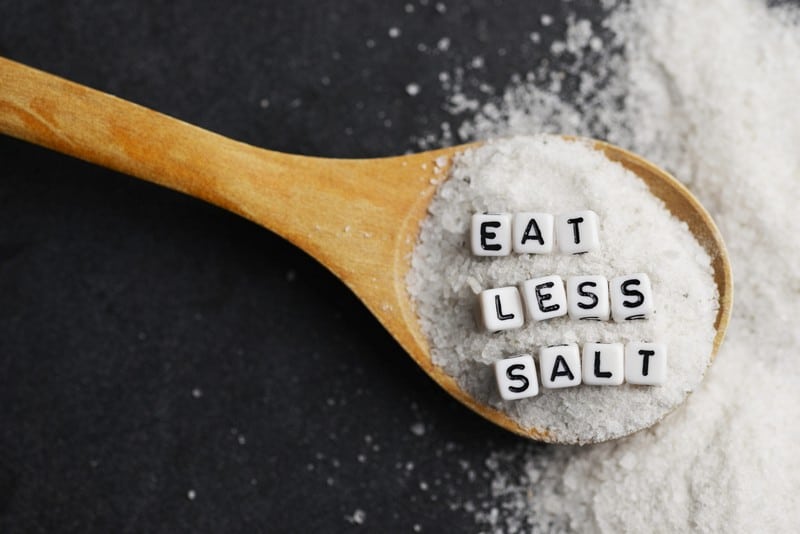Limit Salt Intake

Salt is also called sodium chloride, a chemical used in everyday life. It acts as a stabilizer, flavor, binder, and food preservative. Daily intake of salt is beneficial in the body; about 500 mg of sodium chloride is sufficient for the body to perform its functions – body processes like management of nerve impulses, contraction and relaxation of muscles, and maintenance of the proper balance of water and minerals. But too much salt intake can be a threat to the cardiovascular system. This can lead to heart disease, stroke, and myocarditis.
High salt content may affect the heart by forcing it to work harder than usual. This may lead to inflammation and worn heart muscles. The buildup of fluid around the heart is the cause of heart muscle failure. Since salt is beneficial in keeping the body’s fluid level, maintaining its proper balance is the key to preventing fluid retention. This fluid buildup is a manifestation of a severe case of myocarditis.
Engaging in a low-salt diet helps maintain heart health. It prevents the inflammation of the myocardium, which in return can help the heart function well.










